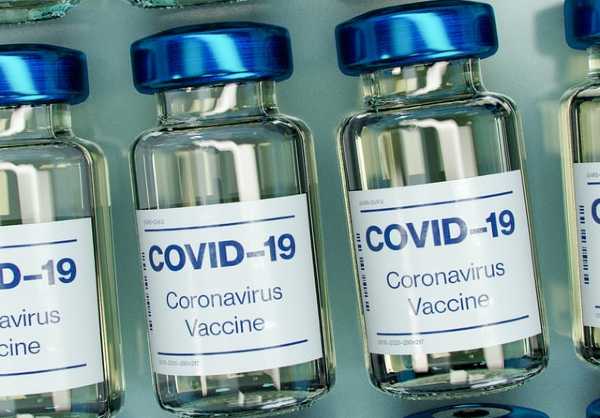
The recent emergency approval and pending approval of Pfizer and Moderna’s COVID-19 vaccinations represents not only hope that the coronavirus pandemic’s end is in sight but also signifies a major step forward in medicine and medical care. The unique mRNA vaccines may not only change the course of the pandemic but may change the way all vaccinations work in the years to come.
How Do mRNA Vaccines Work?
Unlike traditional vaccines, which include a weakened or inactivated germ or virus, mRNA vaccines include specialized mRNA that tells the body’s cells to create a specific protein found in the virus or disease that the vaccination is working to prevent. The body recognizes this new protein and builds an immune response by producing antibodies. When the virus that causes COVID-19 enters the body, the cells are trained to fight off the specific “spike protein” found on the virus’s surface.
mRNA is naturally present in our bodies and helps carry instructions to our cells on how to make proteins. It plays a vital role in creating antibodies for both viral and bacterial illnesses. Several concerns have been raised about the vaccine, but the CDC ensures consumers that the vaccine will not give someone COVID-19 since the vaccine does not include the virus, that it will not alter the patient’s DNA or genetic material since mRNA never enters the nucleus of the cell and the cell breaks down the mRNA once it has done its job.
Why are mRNA Vaccines a Big Deal?
Whereas it typically takes 5 to 10 years to create a new vaccine, the COVID-19 mRNA vaccine took less than 10 months to complete. Although this is the first mRNA vaccine to make it past lab testing, researchers have been studying them for decades. Unlike traditional vaccines, mRNA vaccines can easily be made in laboratories using entirely ready-made materials. They can be made more efficiently than other vaccines and the production process can be easily standardized.
Previously, scientists have studied mRNA vaccines for illnesses including the flu, Zika virus, rabies, and cytomegalovirus. Instead of simply giving the body a weakened virus to fight off, mRNA vaccines train a body’s cells to break down proteins, thus breaking down the virus altogether. This groundbreaking development could allow researchers an edge on creating vaccines that would protect against several diseases at once and potentially use mRNA research to train the immune system to fight off specific cancer cells.
Have Health Insurance Questions?
We hope that this information on the science behind mRNA vaccines is helpful for you.
Insurance is oftentimes overwhelming and we want to shed light on the industry by answering your questions. Comment below and your question may be the topic of our next post!
If you liked this article, share it with your friends!
Empower Brokerage wants to help you find the insurance coverage you need and help you save money getting it. Stay on top of your health and give us a call at (844) 410-1320.
Get affordable health insurance quotes by clicking here.
See our other websites:

